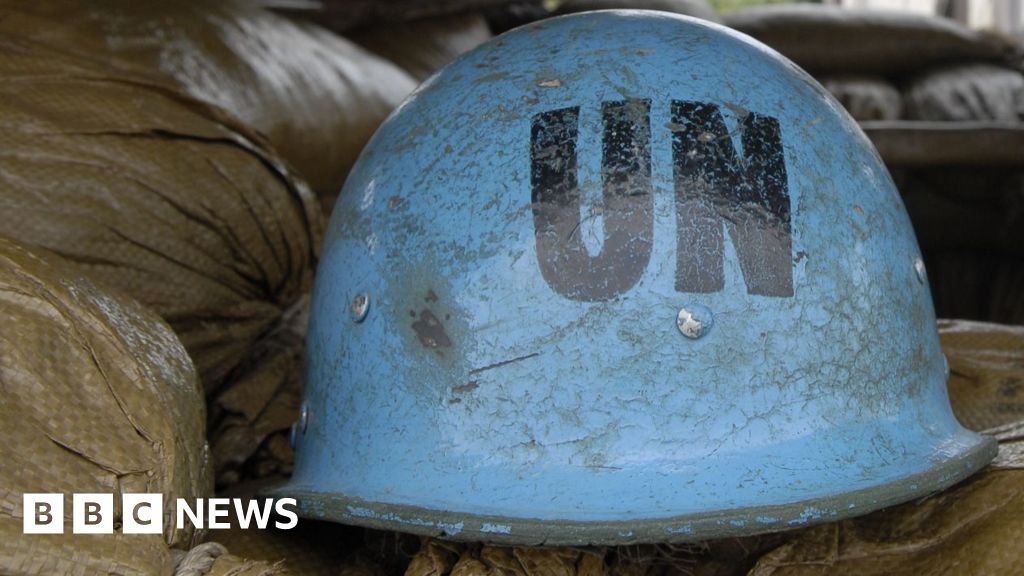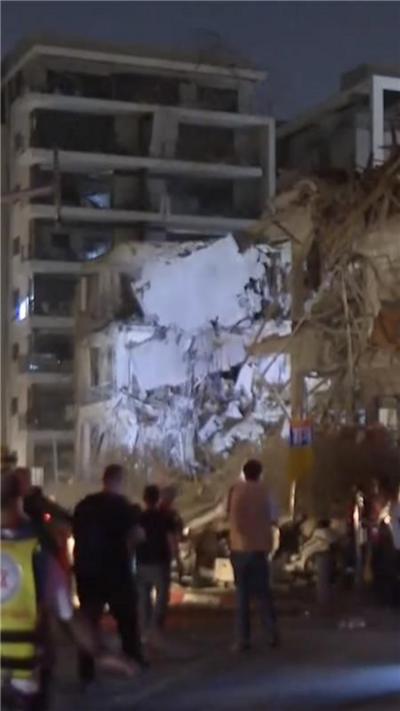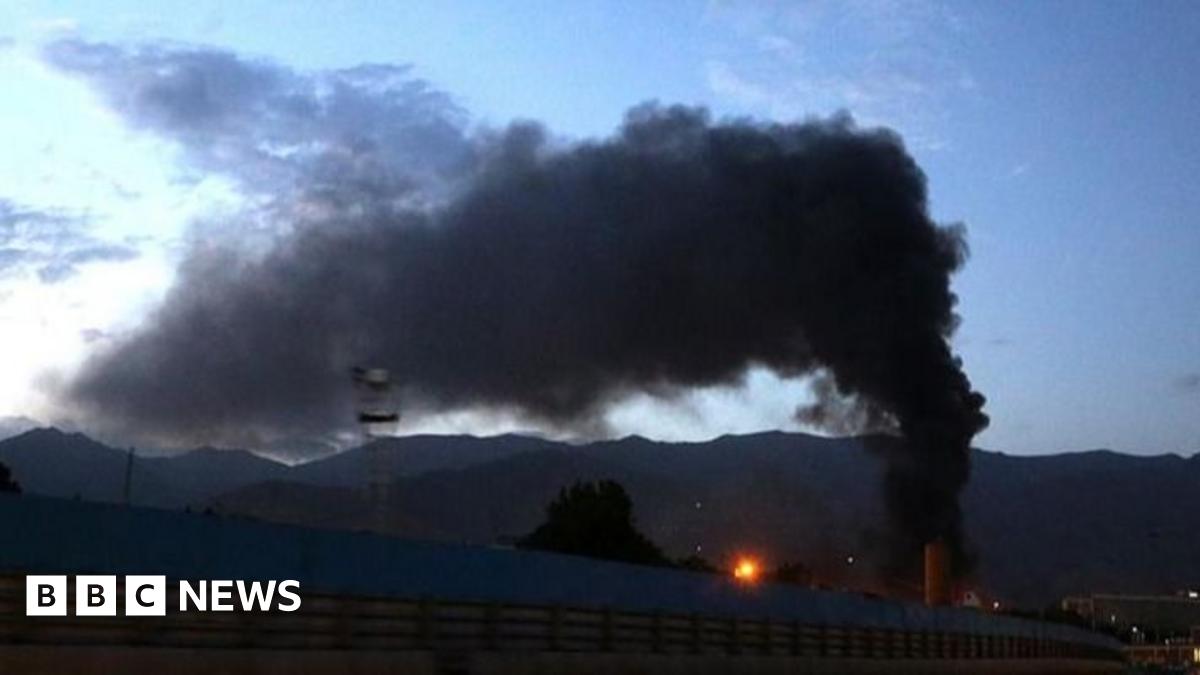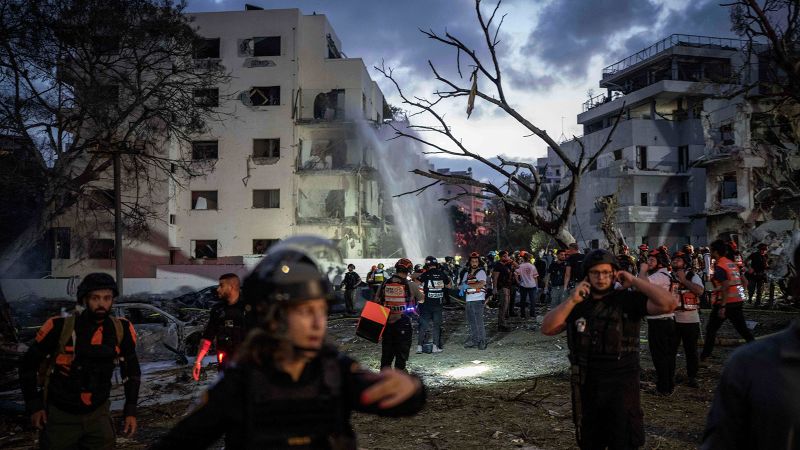UN Peace Talks with Congolese Rebels Yield No Immediate Results, Civilian Protection Remains Key Concern

UN Peace Talks with Congolese Rebels Yield No Immediate Results, Civilian Protection Remains Key Concern
Kinshasa, DRC – The United Nations peacekeeping mission in the Democratic Republic of Congo (DRC) has concluded talks with rebels linked to Rwanda, but the outcome remains unclear, leaving concerns about the safety of civilians in the volatile eastern region.
Bintou Keita, head of the UN peacekeeping mission, MONUSCO, engaged in discussions with representatives of the M23 rebel group. The primary focus of these talks was to explore mechanisms for ensuring the protection of civilians residing in areas currently controlled by the M23.
The eastern DRC has been plagued by decades of conflict, involving numerous armed groups vying for control of territory and resources. The M23, a predominantly Tutsi rebel group, has been particularly active in recent months, capturing strategic towns and clashing with Congolese forces. Rwanda's alleged support for the M23 has been a persistent point of contention, with the DRC accusing its neighbor of backing the rebels.
A Delicate Balancing Act
The UN’s decision to engage in direct talks with the M23 has been met with mixed reactions. While some observers welcome the effort to find a peaceful resolution and secure civilian protection, others criticize the move as legitimizing a group accused of human rights abuses and destabilizing the region. The UN has maintained that its goal is solely to facilitate dialogue and ensure the safety of civilians, not to endorse the M23’s actions.
“Our priority remains the protection of civilians,” Keita stated in a press briefing following the talks. “We are committed to working with all parties to find a sustainable solution to the ongoing crisis.”
Challenges and Obstacles
Despite the discussions, significant challenges remain. The M23 has shown little willingness to relinquish control of the territories it occupies, and tensions between the DRC and Rwanda persist. Furthermore, the presence of other armed groups in the region complicates the situation and hinders efforts to establish lasting peace.
The talks also revealed a deep mistrust between the Congolese government and the M23, making it difficult to reach any concrete agreements. The issue of Rwanda's alleged involvement in the conflict further complicates the negotiations, as the DRC demands that Rwanda cease its support for the M23.
The Humanitarian Crisis
The ongoing conflict has exacerbated the humanitarian crisis in eastern DRC. Hundreds of thousands of people have been displaced from their homes, and access to essential services like healthcare and education has been severely disrupted. The UN and other humanitarian organizations are struggling to provide assistance to those in need.
Looking Ahead
The UN peacekeeping mission in the DRC faces a daunting task. While the recent talks with the M23 represent a small step towards dialogue, a comprehensive and sustainable solution to the conflict requires a concerted effort from all stakeholders, including the DRC government, Rwanda, the M23, and other armed groups. International pressure and mediation will also be crucial in achieving lasting peace and ensuring the protection of civilians in the eastern DRC. The UN will continue to monitor the situation closely and explore all avenues for promoting peace and stability in the region.






